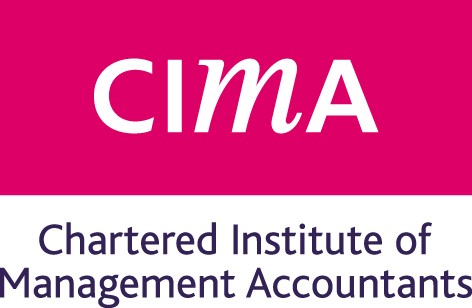Creating a business budget is one thing; sticking to it is quite another. No matter how carefully you have laid out your budget, implementing and managing it well can prove difficult. It’s important to remember that your budget requires regular care and maintenance, otherwise it can quickly become irrelevant. Here are six tips to help you stick to your budget and keep it up to date.
1) Be Realistic
The first step in sticking to your budget is being realistic with your estimates. It’s important to take your past financial data into account when preparing your budget. There’s no use aiming to spend $2000 per month on expenses when your records show that your expenses are usually double that amount. Remember to factor in one-time purchases, too, and keep some money aside for emergency costs.
2) Break It Down
Looking at your annual estimates isn’t always helpful for understanding where you are and what you should do right now, so zoom in a little. Breaking down your annual budget into weekly or monthly sections can make your finances feel a lot more manageable. This is also helpful in terms of getting a feel for your progress and understanding where you are right now, as well as spotting potential problems before they grow out of control.
3) Include the Odd Treat
A strict budget with zero wiggle room and no tolerance for treats will leave you feeling frustrated, tired and tempted to throw it away. Budgeting isn’t just about frugality, it’s also about being in control of your spending and making conscious choices, so feel free to incorporate a treat or little luxury here and there. Your budget should feel like a guide, not a prison warden.
4) Review Regularly
You should aim to review your actual income and expenses against your budget on a weekly or monthly basis so that you can see whether or not you’re on track and if any adjustments are necessary. For example, if you’re spending more than you thought in one area, it may be necessary to think about ways to cut costs in other places. Alternatively, if you have spent less than predicted, you may be able to squirrel more money away into your emergency fund, invest it into marketing or pay off debts early.
5) Bank Reconciliation
Bank reconciliation means comparing your cash balances against your bank statements to highlight any discrepancies. This is usually thought of as an accounting process but it’s a useful budgeting tool, too, because it involves a close examination of your spending. Therefore, prioritising this process can help you to identify opportunities for improvement and allow you to understand how closely you are sticking to your budget.
6) Separate Business and Personal Finances
It’s important to use a separate business bank account and credit card for your transactions. Confusing your business and personal finances can make it difficult to understand your spending and thus makes it difficult to stay within budget.
7) Use the Profit First Method
If you find that your expenses constantly eat into your profits, then consider using the Profit First system to manage your money.
Developed by author Mike Michalowicz, Profit First works on the basis of Parkinson’s Law, which is the principle that work expands to fill the time available. In this case, of course, that means that your expenses expand to fill your budget. By allocating profit first, it becomes easier to remain disciplined with your spending and keep expenses low.
Summary
A good business budget is not only realistic, but flexible, easy-to-understand and regularly reviewed. Your budget requires close care and attention to ensure that you stay on track. Don’t be afraid to tweak your budget when necessary and leave some room for flexibility, as it’s nigh on impossible to be 100% accurate with your estimates. However, when you implement the above tips, your business budget should prove a useful guide on the road to financial success.





















